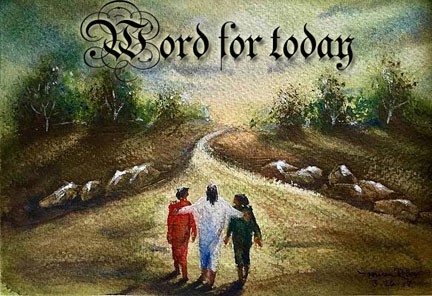Watch
Events
Articles
Market
More
020525
WORD FOR TODAY “things have been set in motion that cannot be stopped”: Isa 45:22 "Turn to Me and be saved, all the ends of the earth; For I am God, and there is no other.
WISDOM FOR TODAY: Pro 10:4 Poor is he who works with a negligent hand, But the hand of the diligent makes rich.
www.BGMCTV.org




Since the launch of TTN Social, the distinction between Pages and Groups has been a bit confusing and sometimes diverted focus. Initially, I kept both features to offer a familiar experience similar to Facebook, making the transition easier for new members.
As part of an ongoing effort to refine and improve TTN Social, I’m making updates—both by adding long-awaited features and removing redundant ones. Based on member feedback, the Pages feature will be phased out, and all existing page content will be migrated to Groups. This will create a more consistent and streamlined experience across the platform.
Once the migration is complete, I’ll update this post. Page owners will then be able to review their new Groups (which will retain the same name and URL as their Page) to ensure everything is in order before Page data is permanently removed.
Thanks for your support, and stay tuned for updates!



Thought for Today: Wednesday February 05
Even as hard as you try, you cannot solve everything in your life – but don’t let keep you from obeying the Bible’s injunction to do good to everyone you can, as YHVH gives you opportunity. It may be by supporting your community, or the social media platform to get the truth out. Or it may be helping a widow or orphan who lives near you… or simply being a friend to someone who is going through hard times. Remember Yeshua’s Words in Matthew 25:40 and do good to all people as written in Galatians 6:10.



My teen & I were just discussing an oddity of the english language. She said "Why are we like this?!" I replied "Colonism". She corrected me with "Colonialism" then proceeded to sing "I can feel it comin' in the air tonight" and repeated "Colonism" it took me a hillariously long time to realize she had made a pun: Phil Collinism. Maybe you had to be here, but it was a good laugh!



The pillar of fire and cloud in the wilderness never left the people. It was always there to guide them. Remember #yeshua's words in Matthew 28:20: "Behold I am with you always." No matter who appears to be leading, God is. Day or night, God is always with His people even when they aren't with Him.
#exodus 13:22 #faith #jesus
https://www.americantorah.com/....2017/09/29/faith-is-


